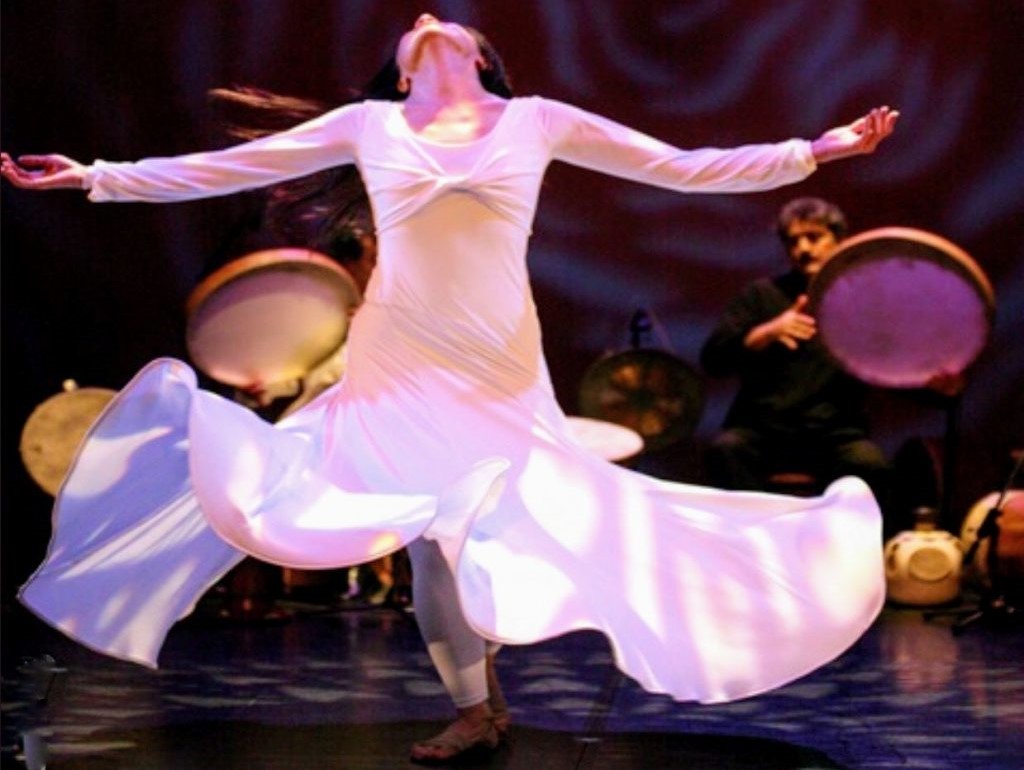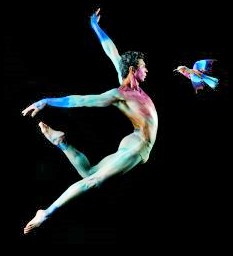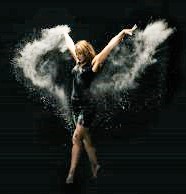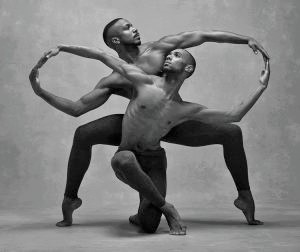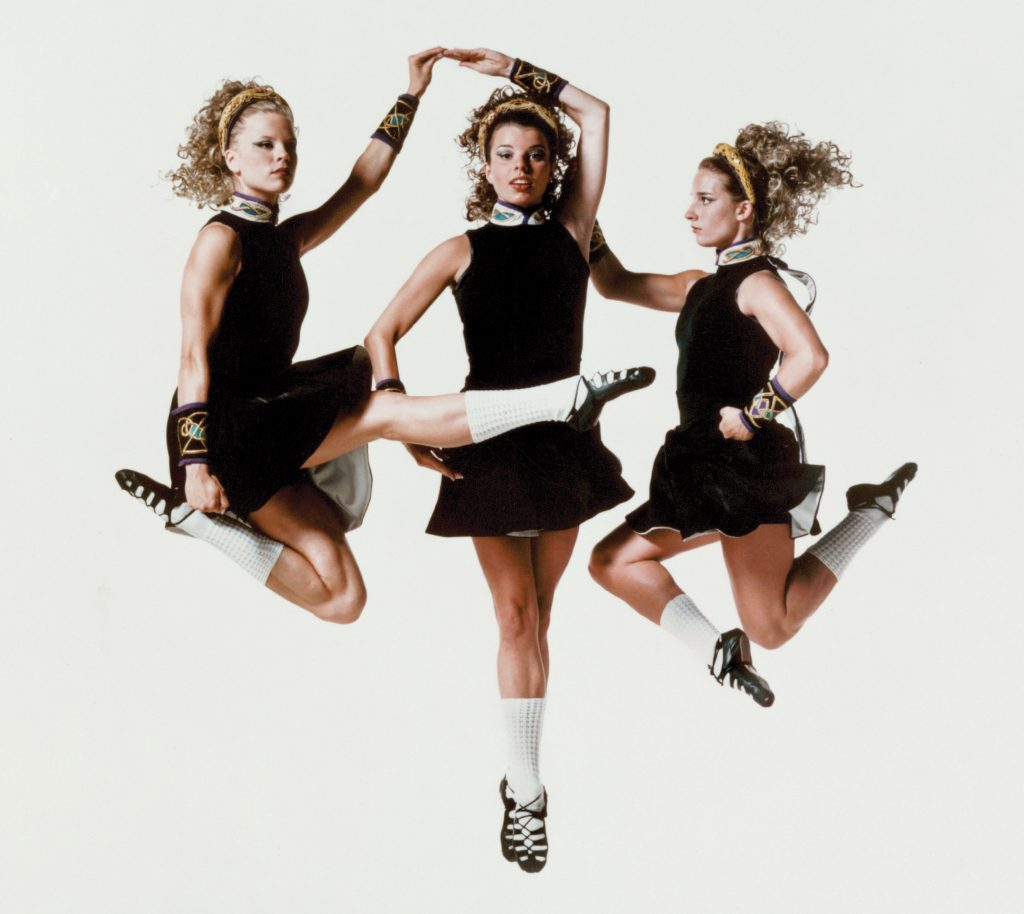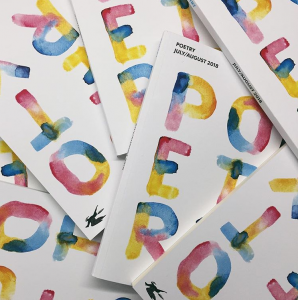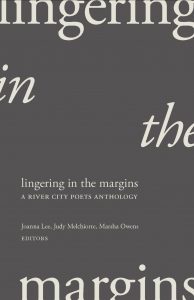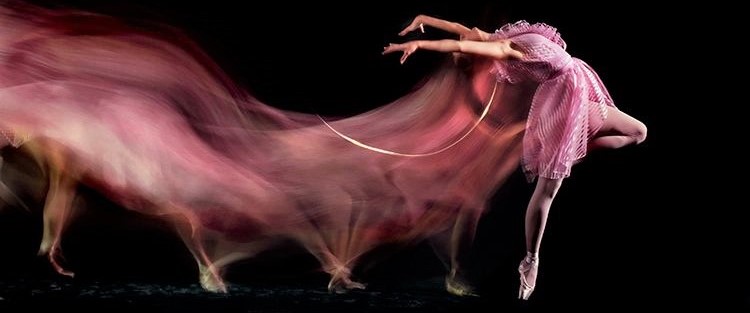
Surprise, surprise: the answer isn’t as straightforward as it might first seem. I’m pleased to share with you Douglas S. Jones’ thoughts on the matter.
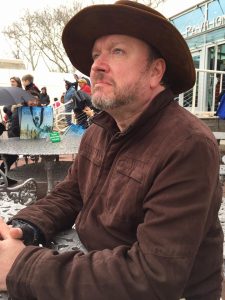
Doug Jones is well known in local writing groups and has taught dozens of students in the Richmond area. Full disclosure: Doug taught and mentored me for years! I especially appreciate Doug sharing his thoughts on what makes writing poetic because, as many of you know, I don’t “do” poetry.
Is it poetic?

When asked to define poetry, I thought: This is my punishment for not writing a dissertation.
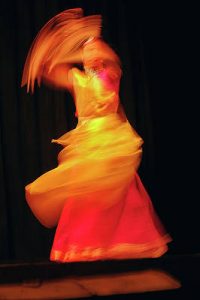
Webster’s New Universal Unabridged Dictionary defines poem as “1) a composition in verse, especially one that is characterized by a highly developed artistic form and by the use of heightened language and rhythm to express an intensely imaginative interpretation of the subject.” This sounds like what my high school English teachers probably taught me. But then–rather like graduate school–the second and third definitions contradict and deconstruct the first: “2) a composition that, though not in verse, is characterized by great beauty or expression; 3) something having qualities that are suggestive of or likened to those of poetry: Marcel, that chicken cacciatore was an absolute poem.” So a poem is a composition in verse; a poem is a composition not in verse; chicken cacciatore is a poem (when Marcel makes it).
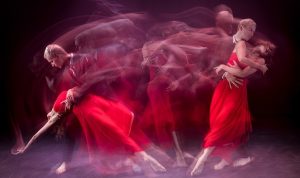
The same dictionary defines poetry as “1) the art of rhythmical composition, written or spoken, for exciting pleasure by beautiful, imaginative, or elevated thoughts; 2) literary work in metrical form, verse; 3) prose with poetic qualities; 4) poetic qualities however manifested; 5) poetic spirit or feeling; 6) something suggestive of or likened to poetry: the pure poetry of a beautiful view on a clear day.” So poetry is different from prose, except when it is prose; it is written in verse, except when it is not; it is qualities or spirit or feeling or a beautiful view on a clear day.
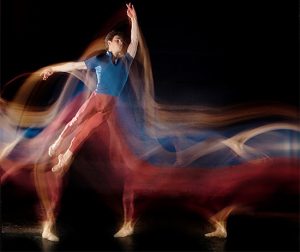
I won’t bother listing the eighteen definitions of composition, or the fifteen definitions of verse. But I do think it’s worth noting that the word “verse” can be stretched in service of both “poetry” and “metrical composition distinguished from poetry because of its inferior quality [my emphasis].” It may be “one of the lines of a poem” or (rarely) “a line of prose.” And verse and composition are both related to structure and music–elements which I suspect have more to do with what poetry is than beauty or elevated thought.
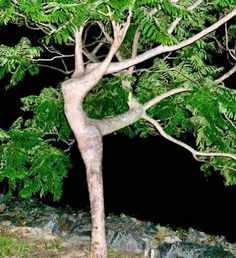
I turned from definitions to word origins. A poem is “something created,” John Ayto writes in his Dictionary of Word Origins. “The word comes via Old French poeme and Latin poema from Greek poema”–which comes from poiesis, “making.” Writers may enjoy poetic license, bring characters to poetic justice, and aspire to become poet laureate. The latter also comes to us from Greece: when Apollo fell in love with Daphne (the daughter of a river) and tried to seize her, she escaped by turning into a laurel tree–which thereafter was sacred to Apollo. “The god ordered that laurel be the prize for poets and victors,” Robert Hendrickson writes in his Encyclopedia of Word and Phrase Origins, “this leading to the belief that laurel leaves communicated the spirit of poetry (the ancients put laurel leaves under their pillows to acquire inspiration while they slept).”
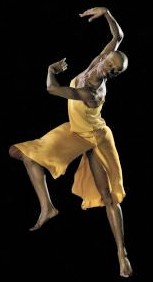
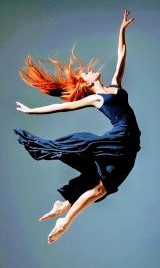
The notion of a “spirit” of poetry raises questions. Among them: Does a poem possess or suggest spirit more or other than that of the poet? Is poetry–as Samuel Coleridge famously suggested–“the best words in the best order”? If so, why should this apply only to poetry? Shouldn’t the same be equally true of good prose?
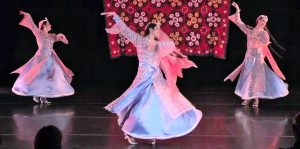
In his wonderful book How to Read a Poem (And Fall in Love with Poetry), Edward Hirsch writes:
Lyric poetry is a form of verbal materialism, an art of language, but it is much more than “the best words in the best order.” It is language fulfilling itself, language compressed and raised to its highest power. Language in action against time, against death. There are times when I am awestruck by the way that poems incarnate the spirit–the spirits–and strike the bedrock of being.
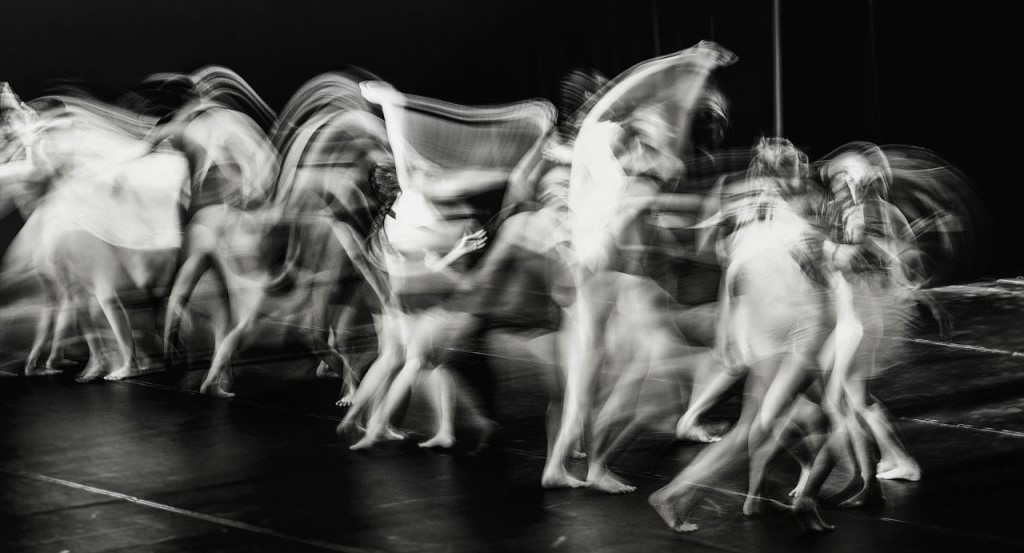
Other times I am struck by how little the poem has to go on, how inadequate its means. For what does the writer have but some black markings on a blank page to imagine a world? Hence these lines from the splendid Florentine poet Cuido Cavalanti–
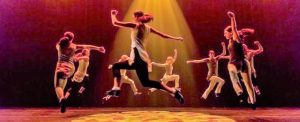
Noi sian triste penne isbigottite
le cesoiuzze e’l coltellin dolente.We are the poor, bewildered quills,
the little scissors, and the grieving penknife.
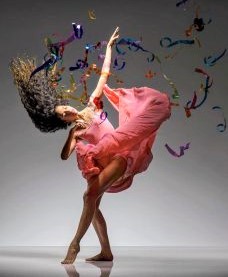
In his preface to Obra poetica, Jorge Luis Borges writes “the taste of the apple … lies in the contact of the fruit with the palate, not in the fruit itself; in a similar way (I would say) poetry lies in the meeting of the poem and reader, not in the lines of symbols printed on the pages of a book.” Poetry is interactive. Reading a poem completes it, like closing an electrical circuit. Although we can return and refer to it on the page, I think of poetry as fugitive. While you are reading it (or hearing it read) it travels through time and space. Consider the following:
Detail
I was watching a robin fly after a finch–the smaller bird
Eamon Grennan
chirping with excitement, the bigger, its breast blazing, silent
in light-winged earnest chase–when, out of nowhere
over the chimneys and the shivering front gardens,
flashes a sparrowhawk headlong, a light brown burn
scorching the air from which it simply plucks
like a ripe fruit the stopped robin, whose two or three
cheeps of terminal surprise twinkle in the silence
closing over the empty street when the birds have gone
about their own business, and I began to understand
how a poem can happen: you have your eye on a small
elusive detail, pursuing its music, when a terrible truth
strikes and your heart cries out, being carried off.
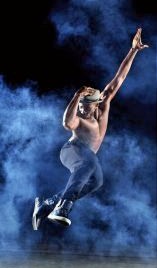
The poem flies: we follow it from bird to bird to “terminal surprise.” It begins not with the abstract, but the specific–and the accumulation of specific details is what makes the poem ring true. There is movement in every line: watching, chirping, blazing, shivering, scorching. Even nouns and adjectives move: “a light brown burn/ scorching the air,” “the stopped robin” (my emphasis). The “I” observing the bird becomes the “you” with “your eye on a small elusive detail.” Then the reader becomes both poet and bird, observing and observed: “a terrible truth/ strikes, and your heart cries out, being carried off” (my emphasis). In the end we have not only read or heard the poem: we have in a sense experienced it, flown with and been snatched away by it. The poet meanwhile is self-effacing, claiming only to have begun “to understand/ how a poem can happen.” The poem happens–it is an event, shared between speaker and listener. As Robert Frost notes: “Like a piece of ice on a hot stove the poem must ride on its own melting.”
Hirsch continues:
Poetry alerts us to what is deepest in ourselves–it arouses a spiritual desire which it also gratifies. It attains what it avows. But it can only do so with the reader’s imaginative collaboration and even complicity. The writer creates through words a felt world which only the reader can vivify and internalize. Writing is embodiment. Reading is contact.
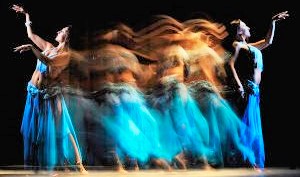
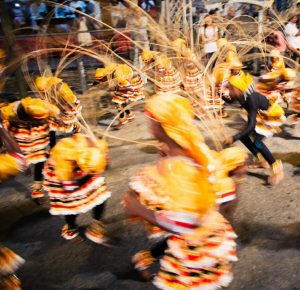
We can teach poetry by reading poems, reading poets, and reading what they write about what they do: from Aristotle’s Poetics and Horace’s Ars Poetica to Alexander Pope’s “Essay on Criticism”; from Wordsworth’s Prelude to Kenneth Koch’s “The Art of Poetry.”
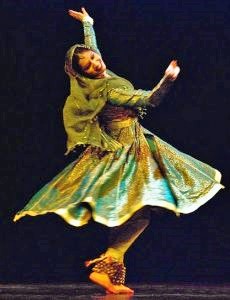
And of course we can also teach poetry by encouraging students to write poetry of their own, to experiment with form, to write poems “in the style of”–and by helping them to find their subjects. Towards this last goal, consider the following from Kim Addonizio and Dorianne Laux, authors of The Poet’s Companion:
We’ve been told again and again to write about what we know, but we don’t trust that advice…. John Keats wrote to a nightingale, an urn, a season. Simple, everyday things he knew. Walt Whitman described the stars, a live oak, a field. Elizabeth Bishop wrote about catching a fish, Wallace Stevens about a Sunday morning, William Carlos Williams about a young housewife and a red wheelbarrow. They began with what they knew, what was at hand, what shimmered around them in the ordinary world….

The trick is to find out what we know, challenge what we know, own what we know, and then give it away in language: I love my brother, I hate winter, I always lose my keys. You have to know and describe your brother so well he becomes everybody’s brother, to evoke the hatred of winter so passionately that we all begin to feel the chill, to lose your keys so memorably we begin to connect that action to all our losses, to our desires, to our fears of death. Good writing works from a simple premise: your experience is not yours alone, but in some sense a metaphor for everyone’s.
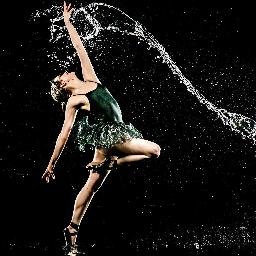
In the end, I think poetry communicates something like Whitman’s barbaric yawp. We are, in fact, not alone on the planet. The ordinary world is, in fact, extraordinary. The spoken word is not how we compare ourselves out of community or fraternity or sorority or society, but rather how we find our place within. As Appalachian poet Charles Boyd writes:
As you are reading
this–now, in the same moment—
I am writing it.

Touchstones
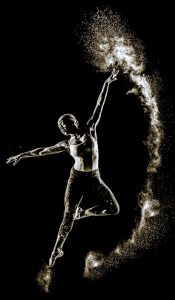
- Aristotle: Poetics.
- Horace: Ars Poetica.
- Barthes, Roland: The Pleasure of the Text.
- Bloom, Harold: Agon: Towards a Theory of Revisionism.
- Brooks, Cleanth: The Well Wrought Urn: Studies in the Structure of Poetry.
- Calvino, Italo: Six Memos for the Next Millenium.
- Frye, Northrop: Anatomy of Criticism.
- Heidegger, Martin: Poetry, Language, Thought.
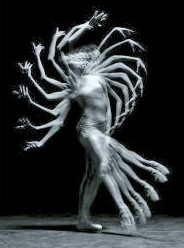
- Mill, John Stuart: Dissertations and Discussions.
- Pascal, Blaise: Pensees.
- Plato: Collected Dialogues.
- Santayana, George: Essays in Literary Criticism.
- Sapir, Edward: Language: An Introduction to the Study of Speech.
- Wimsatt, W. K.: The Verbal Icon: Studies in the Meaning of Poetry.
- Zumthor, Paul: Oral Poetry: An Introduction.
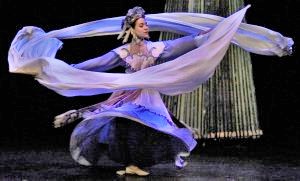

Douglas Jones has written and seen produced more than forty plays and screenplays, including the musical Bojangles (music by Tony Award-winning composer Charles Strouse, lyrics by Academy Award-winning Sammy Cahn), The Turn of The Screw, and his award-winning Songs from Bedlam–which Backstage declared “a triumph,” and D.C.’s Studio Theatre said “achieves a rare and magnificent balance between brutal reality and sublime fantasy.” His docudrama 1607: A Nation Takes Root plays daily at the Jamestown Settlement & Yorktown Victory Center.
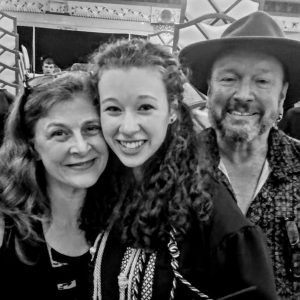
He was awarded the Virginia Commission for the Arts Playwriting Grant in 2006, the Martha Hill Newell Playwrights Award in 2015, and the Emyl Jenkins Award for Promoting Writing and Education in 2016. He teaches memoir, playwriting, and other classes at the Virginia Museum of Fine Arts and The Visual Arts Center, and is a member of The Dramatists Guild. He lives in Richmond with his wife actress Harriett Traylor.
